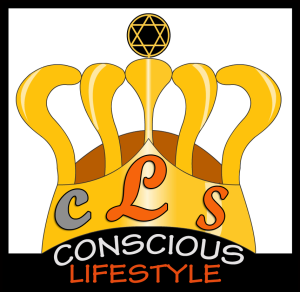Blog
Biological clock – What is a biological clock
- November 4, 2016
- Posted by: admin
- Category: Uncategorized
Biological clocks are a way for organisms to track the passage of time, so that they can anticipate and adapt to changing environmental conditions e.g. plants anticipating the day, so that they can prepare their photosynthetic apparatus in time.
Biological clock also works in collaboration with the circadian rythms which is located in the pineal gland.
The biological clock helps humans and other living organisms to be able to rythmatically adjust, respond and follow the different times.
The different times could be natural changing events, or activities which pertains to the calendar (time) that governs one’s life.
These include a wide range of responses, from behaviour (sleep-wake cycles, feeding rhythms), And this rythmatic system (biological clock) can be applied to the habits that people create for themselves.
For example: an act of going to meet your friend every Friday, can turn into an event that will register and become a habit in one’s biological clock.
When friday comes, then the person feels the strong desire, mood or want of responding or carrying out the act.
They are altered by light:
Biological clocks are altered (entrained) by light levels and changing lengths of photoperiod. This allows an organism to anticipate seasonal changes and adjust to changing day lengths.
They are adjustable:
A biological clock can be reset by external environmental cues (Zeitgebers). These include photoperiod, temperature and social cues. It allows the clock to run with a rhythm most suitable for the organisms surroundings or season.
An innate or inner mechanism that controls the physiological changes activities of an organism which change on a daily, or other regular cycle.
Two internal systems interact to regulate when we sleep and when we are awake.
A system in the body that controls the occurrence of natural processes (such as waking, sleeping, and aging)
These systems are the sleep/wake homeostat, which monitors our need for sleep based on how long we have been awake; and the circadian system, which regulates the cycling of numerous functions, including when we sleep and wake, every 24 hours.
These two systems usually counterbalance each other. However, because they operate independently, they can become misaligned, through the bad habits of staying up late or. doing things that go against one’s moral structure.
During jet lag or shift work, for instance, we might experience an alerting signal when trying to sleep, or, conversely, a powerful drive to sleep when we need to be awake.

